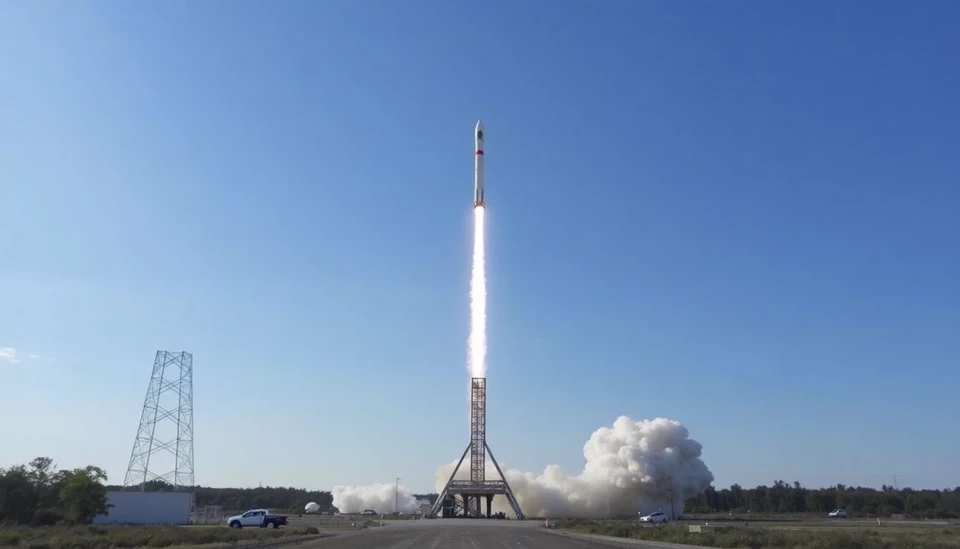
After a two-year pause prompted by a series of failures, European space agencies and companies have successfully resumed small rocket launches. This development marks a significant milestone for the continent's burgeoning space industry, which aims to carve out its niche in the competitive global space race dominated by larger powers.
The first of the recent launches took place on December 5, 2024, showcasing Europe's commitment to revitalizing its autonomous access to space. The small rocket, known as the Vega-C, was launched from the Guiana Space Centre in French Guiana. This highly anticipated event attracted attention not only for its significance in the European space arena but also for the implications it holds for future satellite deployments and commercial opportunities.
The Vega-C successfully carried out its mission, deploying a payload of small satellites into orbit. This launch is particularly important as it sets the stage for a series of upcoming missions which are expected to address the growing demand for satellite services across various sectors, including telecommunications, Earth observation, and scientific research. The resumption of these launches comes at a time when many industries are increasingly reliant on satellite technology for a plethora of applications, from climate monitoring to global connectivity.
One of the significant factors behind the pause in launches was the failure of several earlier missions, which raised concerns about the reliability and cost-efficiency of European launch vehicles. The setbacks prompted a thorough review and significant enhancements in technical, operational, and safety protocols. As part of these reforms, industry players collaborated closely with European Space Agency experts to implement changes that would not only bolster success rates but also streamline launch processes.
Officials from the European Space Agency celebrated the successful launch, describing it as a pivotal moment for European space ambitions. They emphasized that maintaining reliable access to space is crucial for Europe to remain competitive in the global space economy, particularly against rivals like SpaceX and Arianespace. The renewed focus on small satellite launches reflects a strategic shift towards making space more accessible for private companies and research institutions.
The successful re-entry into the small satellite launch market may also herald new partnerships and collaborations, both within Europe and internationally. With several more launches planned in the coming months, the prospects for further advancements in the European space program look promising. Additionally, upcoming missions are set to carry out critical scientific experiments and technology demonstrations that could open new frontiers for space exploration and innovation.
In conclusion, the return of small rocket launches heralds a new era for Europe's involvement in space. Following a challenging period, this resurgence showcases the resilience and adaptability of the European space industry, positioning it well to meet the growing demands for satellite capabilities now and in the future.
As the industry gears up for more launches, stakeholders are optimistic about the potential advancements in technology and the multiplier effect this will have on the economy, employment, and technological innovation across Europe.
#EuropeSpace #RocketLaunch #VegaC #SatelliteTechnology #SpaceExploration #Innovation #AerospaceIndustry
Author: Victoria Adams




